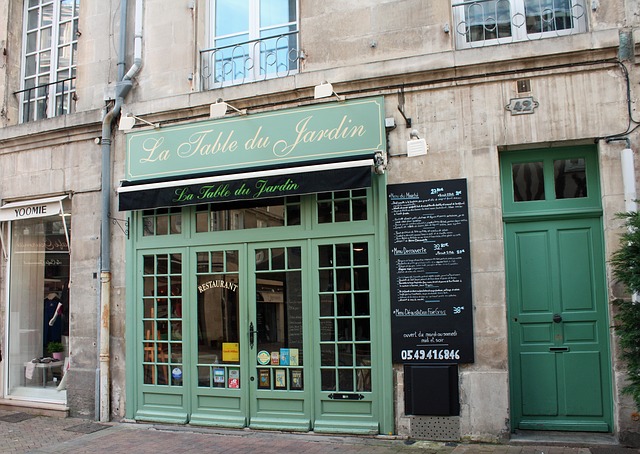French Partitive: Using du, de la, de l’, and des
In this post we’ll look at the French partitive. The partitive means “part” of something, and in a language like English, it’s expressed with some. In French, the partitive uses the preposition de. But it shows up a lot more in French than it does in English. French hates naked nouns, so the equivalent of the or some shows up in French where English just uses a naked noun. We’ll unpack that in this post.
The Shapeshifter de
First, let’s look at the preposition de. When you study French, you learn very early a few things about the preposition de.
- It’s usually translated as of: le livre de Jeanne (the book of Jeannee/Jeanne’s book)
- It’s also translated as from: je suis de Nantes (I’m from Nantes) tu es d’où ? (where are you from?)
- It’s also translated as some: je veux du café (I want some coffee.)
- It’s also often just not translated at all: terrain de foot (soccer field)
Also notice that de contracts with the articles le and les, become du and des. It doesn’t change with la or l’.
- le livre de la fille (the girl’s book)
- le livre du garçon (the boy’s book)
- le livre de l’enfant (the child’s book)
- le livre des étudiants (the students’ book)
Some
To express partial quantities of something, you use the partitive. In English, that’s some, and in French it’s du (de + le), de l’, de la, or des (de + les).
- Je voudrais du café.
I’d like some coffee. - Tu veux de l’eau ?
Do you want some water? - Elle sort avec des amis.
She’s going out with some friends.
The Modesty of French Nouns
As you learn more French, you start to see de in places where English uses nothing, kind of like soccer field (terrain de foot), but seemingly everywhere. This will make sense if you think of English nouns as nudists, but French nouns as needing to be clothed at all times. Here are some examples of naked nouns in English that are wearing de in French.
- Elle boit du vin avec ses amis.
She’s drinking wine with her friends. - Je vais prendre de l’eau gazeuse.
I’m going to have sparkling water. - Voulez-vous de la sauce piquante ?
Do you want spicy sauce? - Y a-t-il de l’ail dans ce plat ?
Is there garlic in this dish? - Nous passons des vacances en France.
We’re spending vacation in France.
Notice that you could use some in English: She’s drinking some wine with her friends, I’m going to have some sparkling water, etc. But it’s optional. In French, du, de la, de l’, and des are not optional. No naked nouns in French.
Other Articles of Clothing
French has a more varied wardrobe with which to clothe its nouns. (It’s French, after all.) You can use a possessive like my (mon, ma, mes) or a demonstrative this (ce, cette, ces) or a definitive article the (le, la, les).
- Je veux mon café.
I want my coffee.) - Je veux ce café ici.
I want this coffee here. - Je veux le café là-bas.
I want the coffee over there.
The thing that usually confuses French learners is not that you can but that you must. For example, in another blog post I wrote about using le, l’, la, les with verbs of liking. In French you like the something. This is similar.
Think of it this way. In French, if you’re talking about all of a category (I like chocolate) you use the definite article (j’aime le chocolat.) But if you’re talking about some of that category (I’m eating chocolate, not all of the chocolate in the universe, but some small portion of it) you need to use some (je mange du chocolat.)
Get on the road to speaking French with the Language Garage!
We hope you’ve enjoyed learning about the French partitive. If you’d like to learn more:
- Create a free Language Garage account to access tons of French vocabulary, grammar, and culture.
- Follow us on Facebook, LinkedIn, BlueSky, Twitter, Threads, Instagram, or Pinterest. We publish lots of French vocabulary, grammar, and culture notes, so it’s a great way to pick up some new vocabulary and practice.
- Check out our other posts on French language, culture, and more.
- Enroll in affordable, flexible, and personalized private online French lessons or sign up for a small group online French class.






